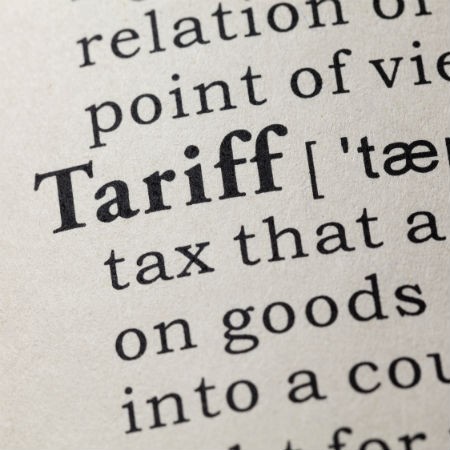This is a guest post from Christy Burbidge, LCSW PhD. Edited by Robert Coles and Albert LaFarge.
In her 2010 book, What Poetry Brings to Business, Clare Morgan makes a convincing argument for poetry’s role in cultivating the skills necessary for optimal success in business work settings. Morgan summarizes the relationship between poetry and business as follows:
| The poem is | Which develops the ability to |
| Multidimensional | Detect different modes of meaning Deal with ambiguity and uncertainty |
| Not offering closure | Handle nonresolution |
| Not based in a logical deductive mode | Make associative connections |
| Showing the ordinary as extraordinary | Question givens Raise awareness of complexity |
| Almost infinitely interpretable | Consider other views Recognize that “meaning” is unstable Examine and revise current insights and perceptions |
| Operating at different levels of accessibility | Detect weak as well as strong signals Seek less obvious linkages |
| Full of coexistent complements and contradictions | Time judgments carefully Be aware that binary thinking is not enough |
| Drawing attention to human needs and motivations | Make decisions in a more comprehensive context Address ethical issues |
| Exploring emotional complexity | Offer wholeness of response |
Morgan, 2010, p. 24
Morgan’s findings apply to the consumption of poetry, but what is to be said for literature in general?
In recent years, MBA programs have been promoting the value of literature’s role in fostering critical job-related skills. In a 2011 article, Forbes contributor Drew Hansen draws a parallel between literature and the “worldly” background vital for success in business. “The worldly person,” Hansen asserts, “seeks out diversity as a way to enhance his understanding of other cultures while adding nuance and appreciation to his inherited background.” Ann Kraemer, writing for the Harvard Business Review, cites research that testifies to a link between neural pathways, fiction writing, and understanding human emotion.
The benefits of the reading and writing of literature cannot be understated. So, where is the best place to start?
Coles’ and LaFarge’s Minding the Store is a 300 page book packaged specially for the business person. A collection of twenty-four short stories set in varying landscapes, time periods, and cultures, Minding the Store is a journey into personal and historical struggles inherent in business life.
The book’s organization, broken down into five themes (selling, workplace politics, impact on home life, failures and setbacks, and death and loss), allows the reader the option of consuming the book in fragments, catering to an assortment of topical interests. Never dry, the stories touch on sundry layers of life. Flannery O’Connor’s “Good Country People” delves into the business of religion, whereas Raymond Carver’s “Are These Actual Miles?” mixes industrial predicaments with a vivid description of trials involving the marital bond.
As research continues to uncover the link between literature and business, Minding the Store offers itself up as a “Chicken Soup for the business person’s soul;” bridging the reader to business leaders – and non leaders – across time and culture.



